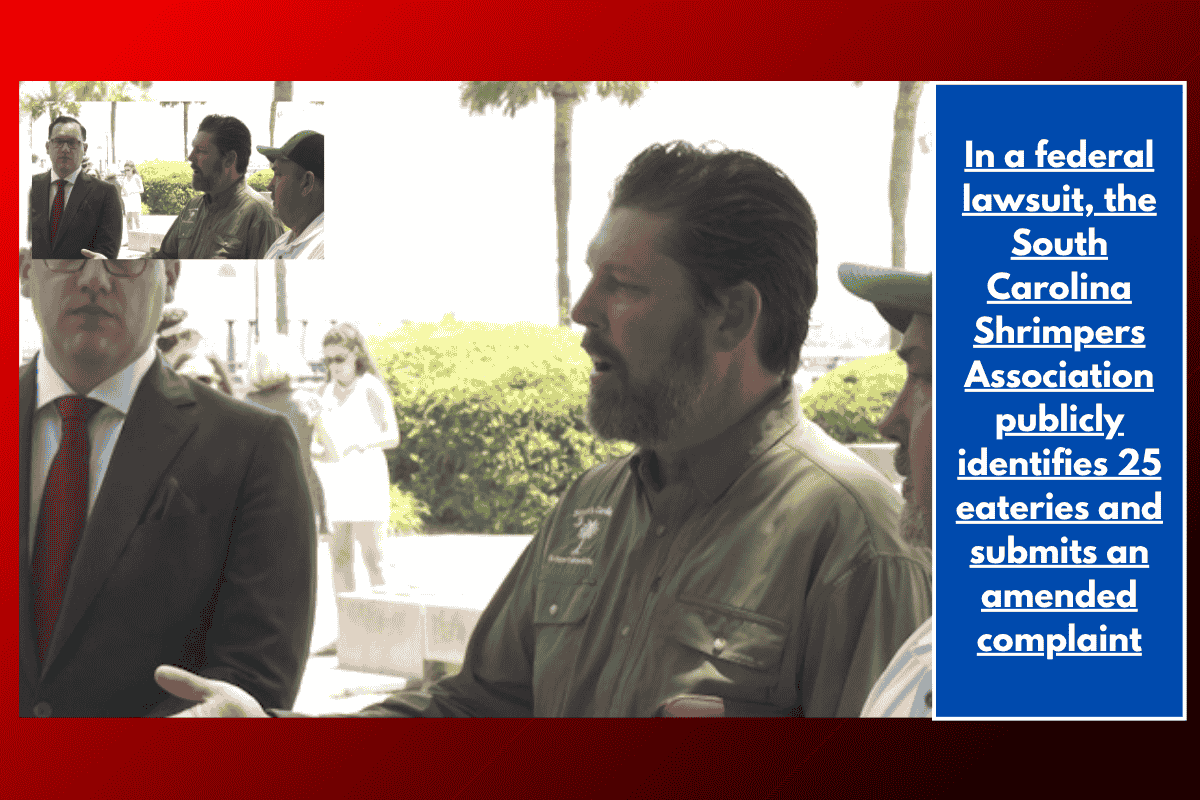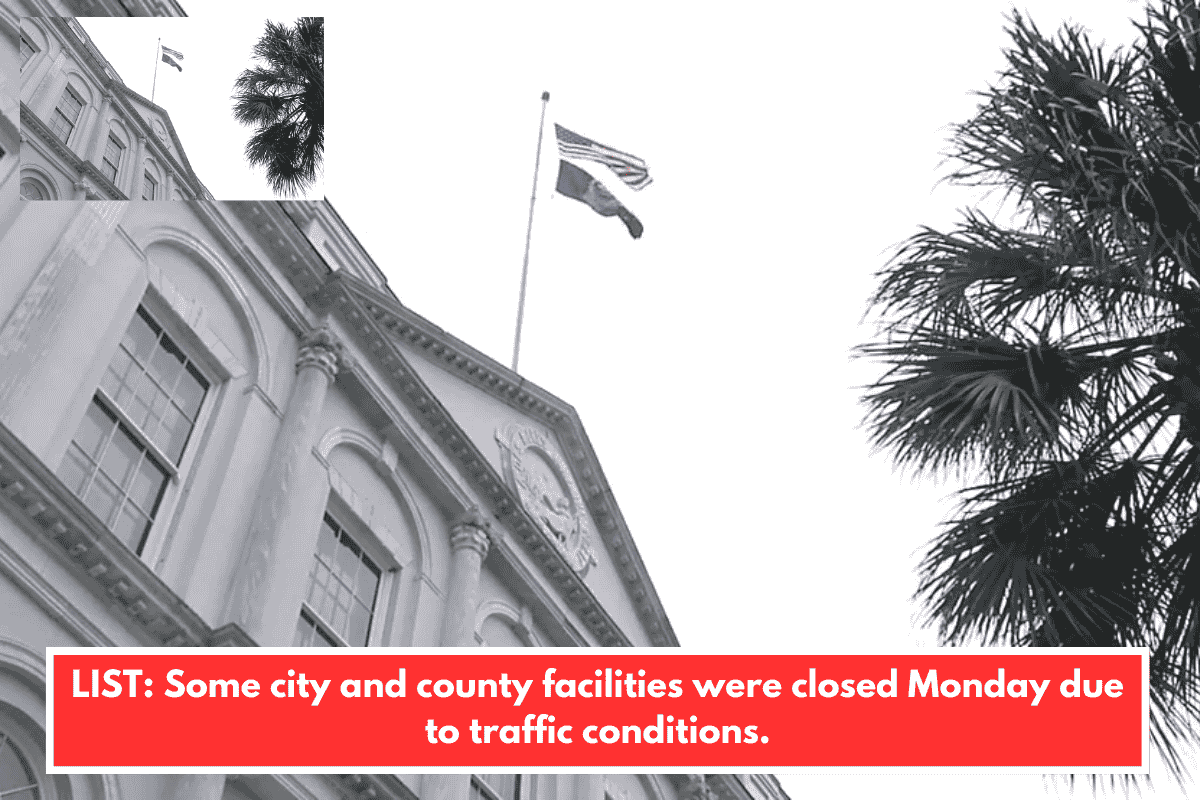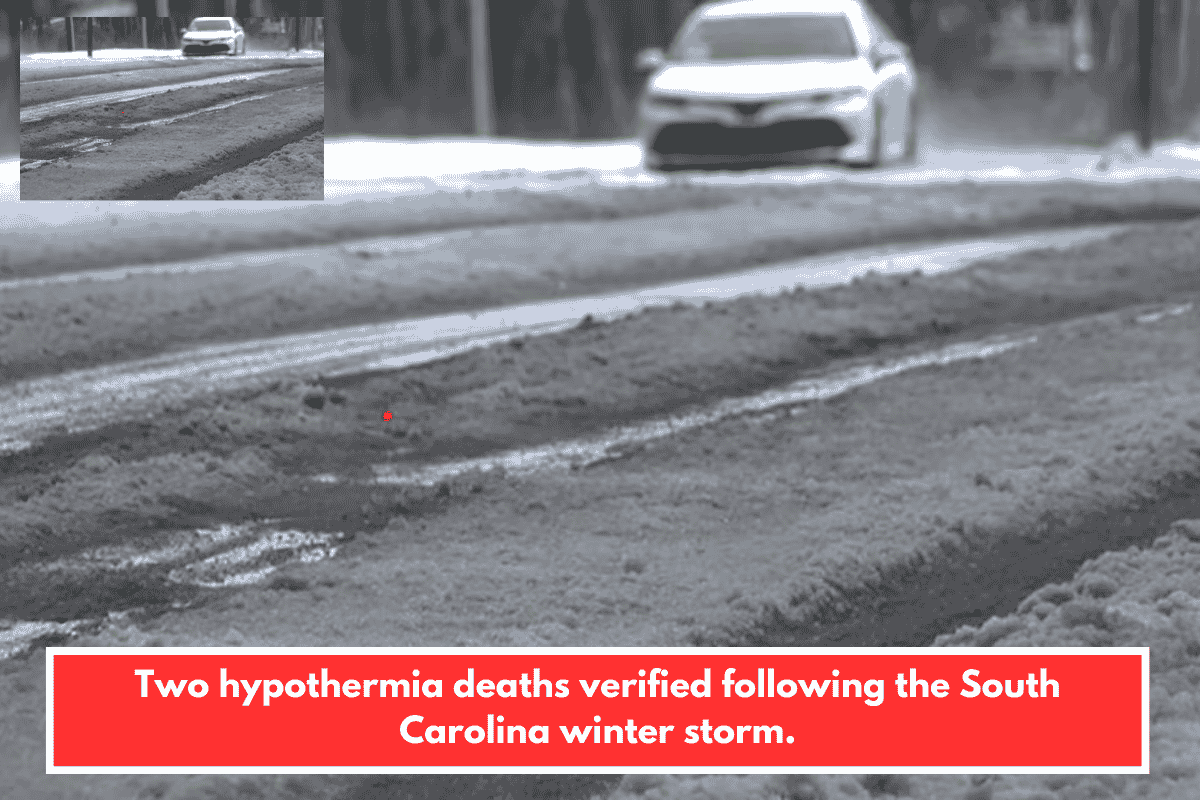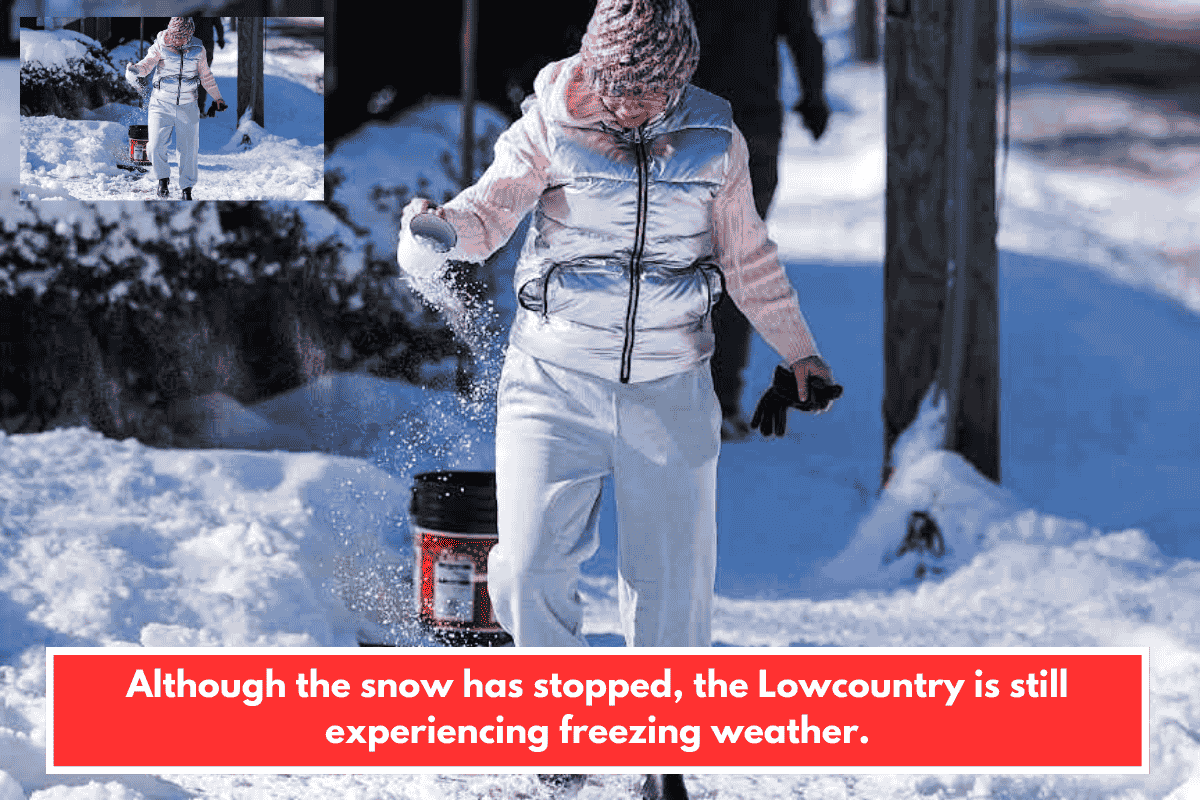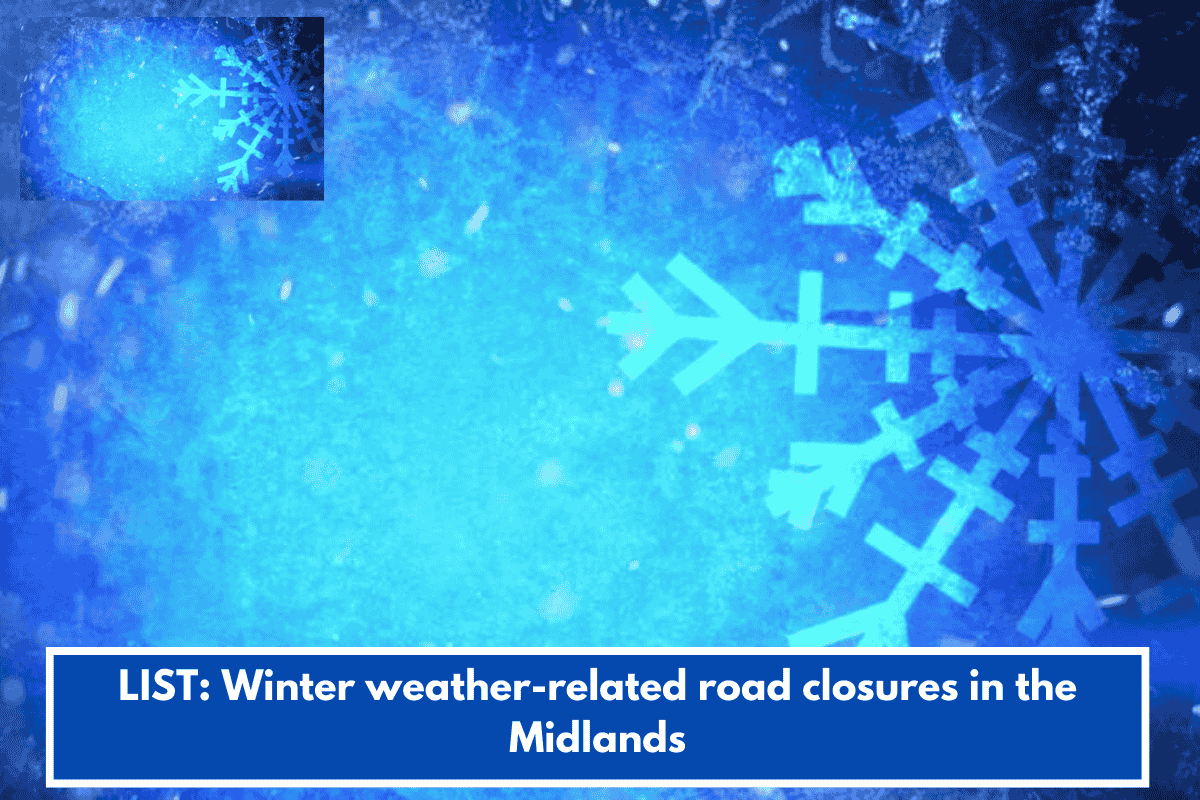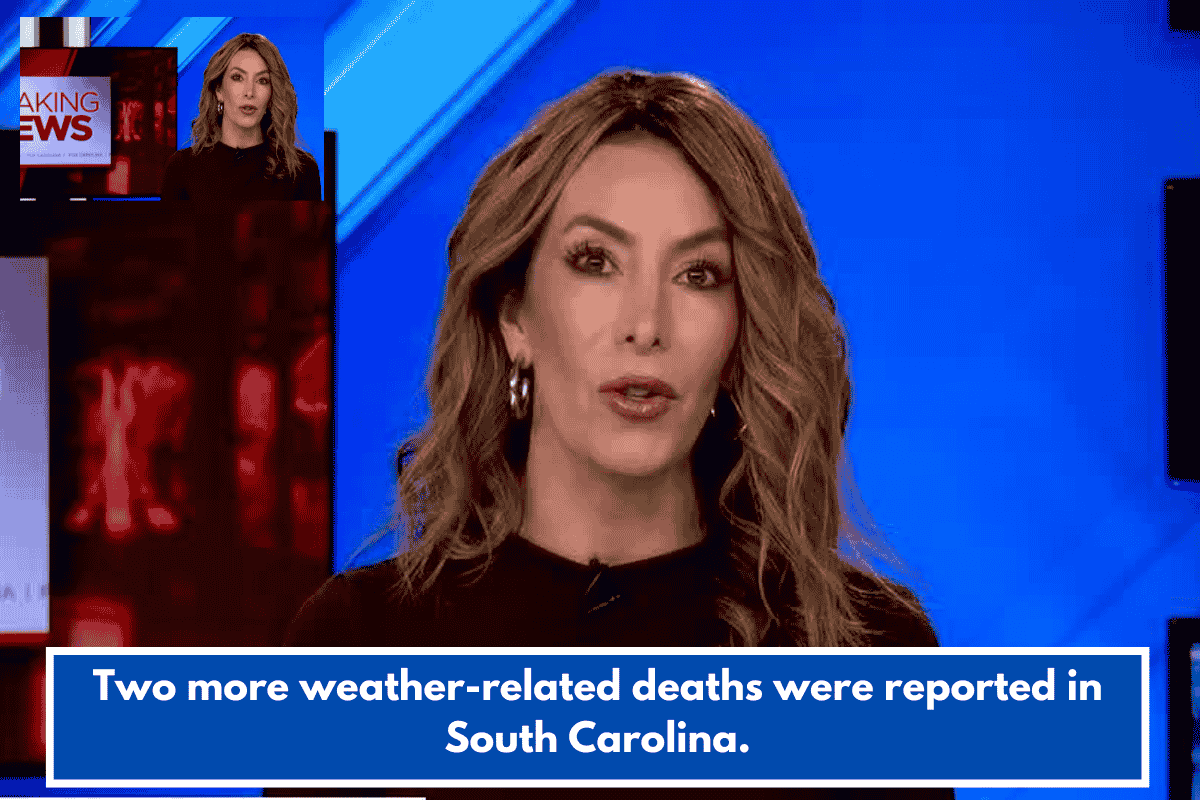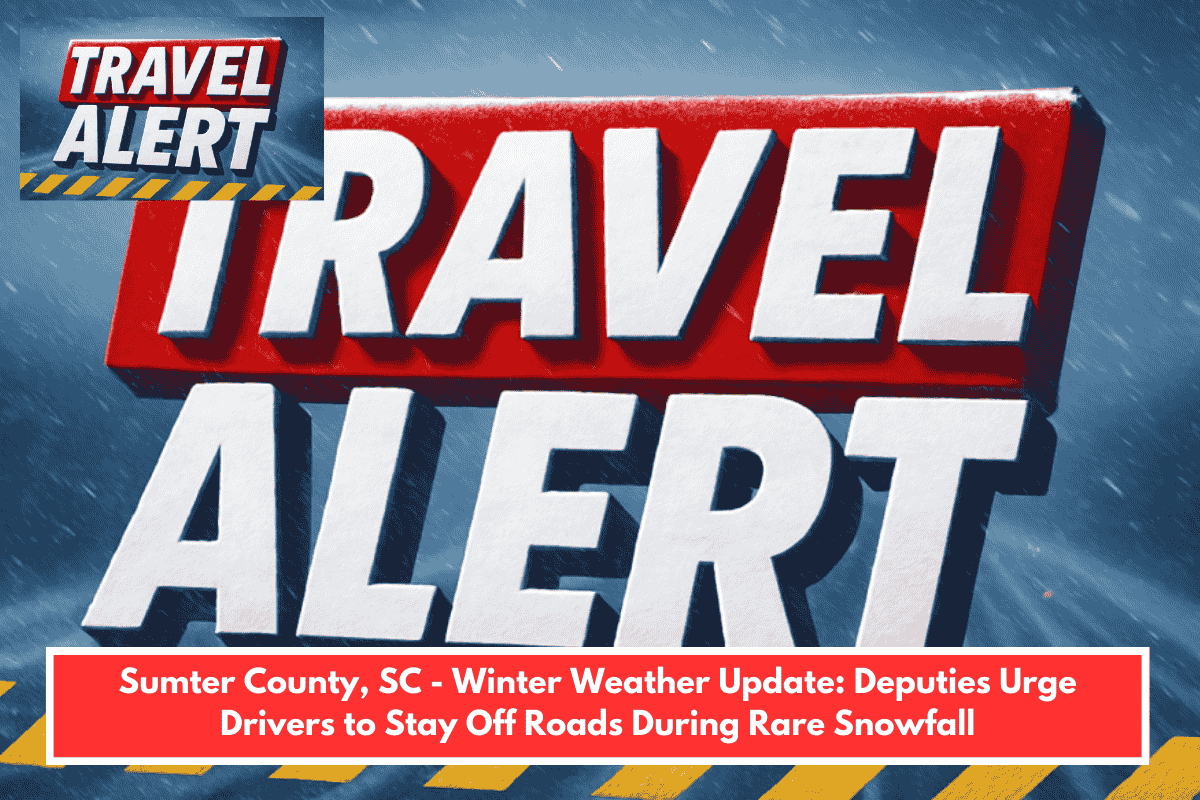The South Carolina Shrimpers Association (SCSA) has filed an amended federal lawsuit against 25 local restaurants, accusing them of falsely advertising imported shrimp as local wild-caught shrimp. This lawsuit comes after a study by SeaD Consulting, commissioned by the Southern Shrimp Alliance, revealed that the majority of the tested restaurants in the Charleston area were serving shrimp that was not locally sourced, despite advertising it as such.
The Findings of the Study
In June, SeaD Consulting tested shrimp from 44 restaurants in the Charleston area. The results were alarming—only four restaurants were found to be serving authentic, wild-caught shrimp from local waters. The remaining 40 restaurants were accused of misrepresenting the source of their shrimp, either through false advertising or misleading menu descriptions.
While the names of the 40 restaurants were initially withheld, the SCSA has now publicly named 25 of them in their amended complaint. The lawsuit claims that these restaurants have violated federal laws concerning false advertising and unfair trade practices, specifically under the Lanham Act and the South Carolina Unfair Trade Practices Act.
Shrimpers’ Perspective
Gedney Howe IV, the attorney representing the SCSA, spoke passionately about the issue, highlighting the disconnect between restaurants and the local shrimping community. “It’s a hard thing to stand there next to the statue of Wayne Magwood, look out over the creek and look at the remaining shrimp boats, and know almost every restaurant you’ll see – the restaurants that were tested – did not pass. They are not supporting the very shrimp boats that are sitting outside their restaurants,” Howe said.
He emphasized that the issue isn’t with restaurants selling imported shrimp, but rather with misleading advertising that falsely claims shrimp are local. “Any restaurant can sell whatever they want, but they have to be honest about it,” Howe added.
The Impact on Local Shrimpers
The SCSA believes that these misleading practices have harmed local shrimpers, whose livelihoods depend on consumers recognizing and purchasing wild-caught shrimp from South Carolina’s Lowcountry waters. According to Bryan Jones, Vice President of the SCSA, “We want to make sure there’s honesty, transparency, and integrity. At the end of the day, this isn’t about one restaurant versus another. We want to make sure everybody out there supporting our industry, or saying they’re supporting or buying and serving our local wild-caught shrimp, is actually doing that.”
The association is calling for monetary and injunctive damages as part of their efforts to restore trust and protect the shrimping industry. They hope to ensure that consumers are not misled into paying a premium for shrimp they believe to be locally sourced when, in fact, it is imported and of lower quality.
The List of Named Restaurants
The amended complaint includes the names of 25 restaurants accused of false advertising. These include well-known establishments in the Charleston area. The SCSA’s legal team is also conducting an internal investigation and working off subpoenaed information from SeaD Consulting.
The named restaurants will have a 30-day window to respond to the lawsuit after being served. The legal battle is expected to have significant implications for the local food industry, particularly for consumers who may unknowingly support misleading practices.
Moving Forward
While the lawsuit is still in its early stages, the South Carolina Shrimpers Association is committed to ensuring that local shrimpers are supported and that consumers are not misled. The SCSA hopes that the lawsuit will help bring transparency to the market and hold restaurants accountable for their sourcing practices.
The association is also open to collaboration with the restaurants involved, offering a chance for businesses to work together to ensure that the shrimp being served to customers is genuinely local and ethically sourced.

